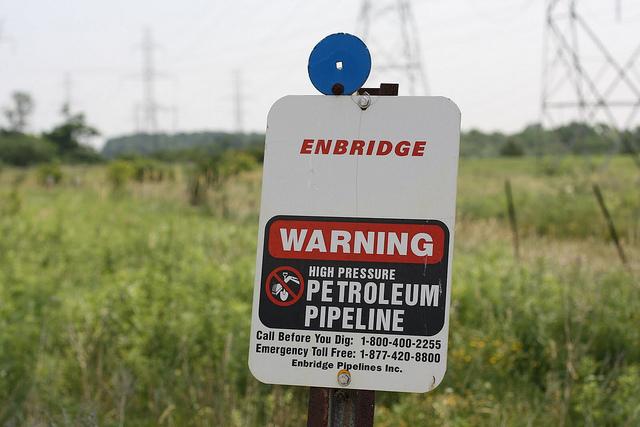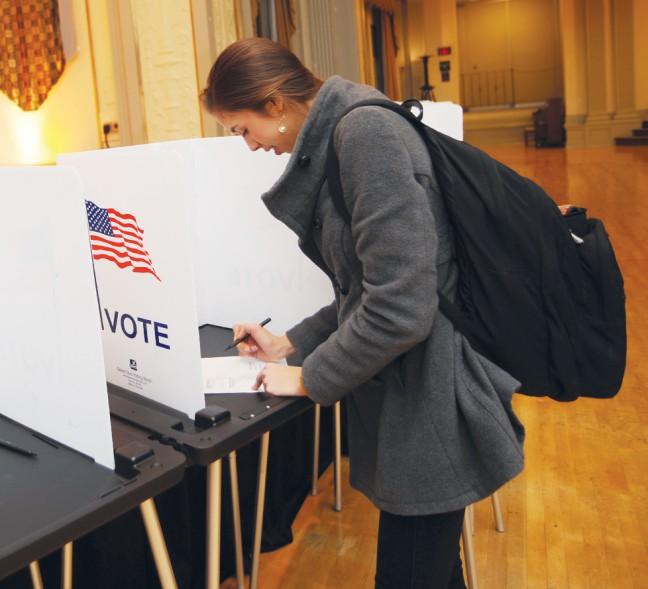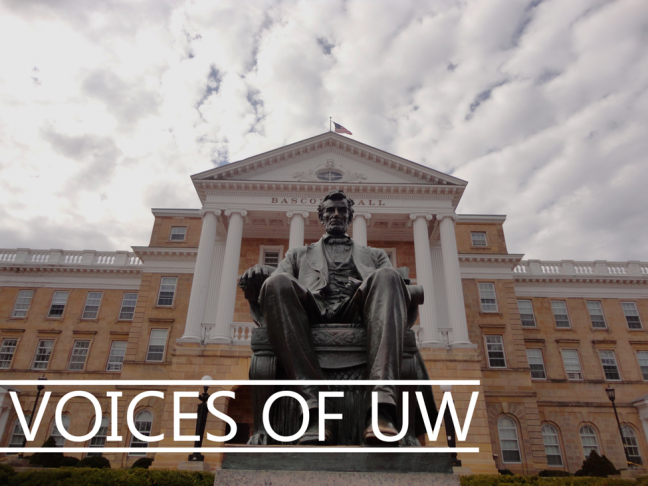As many may recall, President Barack Obama struck down the proposed additions to the Keystone XL Pipeline in November 2015, much to the relief of many local districts, various cross-sector coalitions and the vast environmental community. While Obama’s veto of the Keystone addition was definitely a strong statement against fossil fuels, the fight against oil pipelines is far from being won for us Wisconsinites.
The Enbridge pipeline system is currently pending further expansion, posing a significant threat to Midwestern states. Approval is delayed on the president’s desk, likely adding one weighted issue to the plate of the next person in the Oval Office.
Like the Keystone XL, Enbridge’s Alberta Clipper is another pipeline a Canadian company built to run across borders. This pipeline, built 2010, carries crude oil from the tar sands of Alberta, Canada to Superior, Wisconsin, and into other pipelines traveling throughout the Midwest.
Often dubbed home to the “dirtiest oil on Earth,” tar sands oil releases 20 percent more carbon dioxide than conventional oil, and over five times the amount of lead and nitrogen. The tar sands region spans across the states of Alberta and Saskatchewan, and it harbors heavy bitumen, which can be refined into usable fuel when mixed with numerous chemicals and known carcinogens.
The region is also located in the center of the Canadian Boreal Forest. It is the second largest carbon sequester in the world and home to a vast array of diverse flora and fauna. Drilling for this oil destroys diverse habitat, releases copious amounts of carbon dioxide and other pollutants into the atmosphere and poses a risk for toxic material spilling during transport.
The tar sands industry is clearly wreaking havoc on the climate, forest and biota in Canada, but it also directly impacts Wisconsin.
Enbridge’s Alberta Clipper currently runs from Alberta to Superior and connects to Line 61, a pipeline traveling through Wisconsin. This pipeline already transports over 400,000 barrels of tar sands oil to our state on a daily. Enbridge applied to expand the line back in 2012, as well as several other lines in its network.
These expansions will increase tar sands oil flow by an additional 1.1 million barrels, daily encircling our beloved states and Great Lakes — a huge risk to our valuable waterways with little reward for our state.
Enbridge is responsible for over 800 spills since 1999. This includes the largest tar sands spill in the United States, when Line 6B burst and spilled into Michigan’s treasured Kalamazoo River six years ago.
If Enbridge gained permission to expand their system, our local communities will be subject to the risk of this irresponsible company’s transporting practices. Spills release a wide host of known pollutants as well as carcinogens like benzene and styrene, which are associated with tar sands oil, into the air.
The expansion project runs directly through the majority of the state. A vast number of Wisconsin neighborhoods, universities and communities would need to evacuate in the event of a spill. All of these risks would pose significant environmental, structural and economic costs to the state.
Since the Enbridge expansion includes the portion of the Alberta Clipper that crosses the Canadian border, the project will require presidential approval to move forward. In light of the massive amount of opposition and criticism surrounding the veto of Keystone XL, speculators agree it’s unlikely President Obama will make a decision on the Enbridge project.
This means that this is yet another issue where the outcome depends on the upcoming presidential election. For Wisconsinites and other members of the Great Lakes community, it’s an important one.
Adeline Wells ([email protected]) is a junior majoring in political science and environmental studies.











